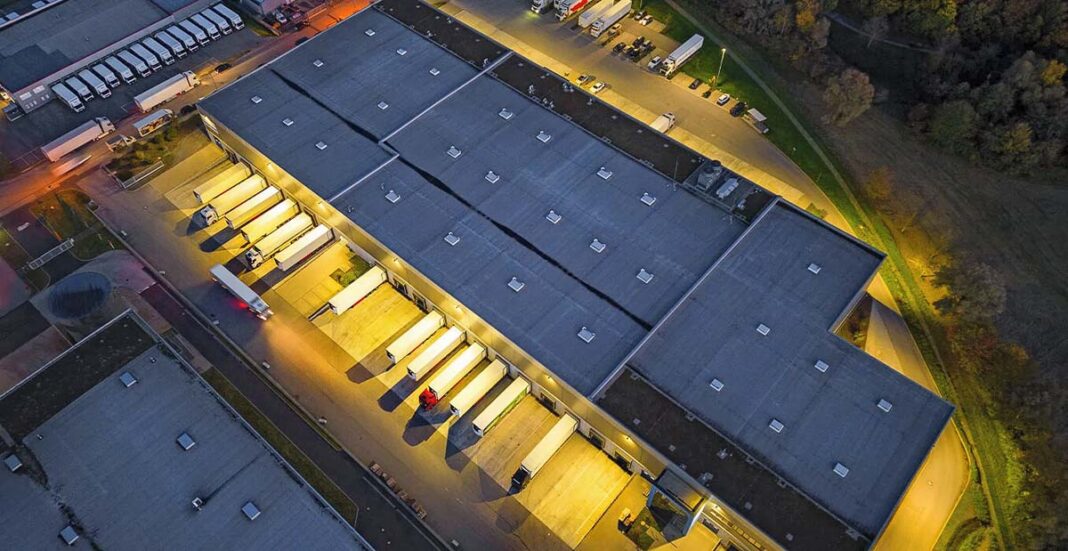New Zealand’s annual rate of inflation has fallen to its lowest level in three years and now sits just outside the Reserve Bank’s target band, with cuts to the official cash rate looking likely before the end of the year.
The Cordell Construction Cost Index shows that in the three months to June, New Zealand residential building construction costs fell for the first time in more than a decade.
Some of the contributing dynamics also apply to the industrial sector, with costs appearing to have plateaued and delivery timeframes for steel and concrete shortening.
Albeit tentative, any glimmers of positivity are good news for the wider economy, and will provide some confidence to the industrial sector which has been recalibrating in response to changed consumer buying patterns.
Light and heavy road traffic volumes have eased around New Zealand, which is a barometer of real-time economic activity, particularly when you consider how much freight is moved by road.
Infrastructure remains a gnarly bone of contention in both islands, with an underweight rail freight network and ongoing issues with Cook Strait ferry movements not helping roading challenges.
The regions look set to get a shot in the arm, with Regional Development Minister Shane Jones holding nationwide summits to discuss progressing regional economic growth via the recently launched Regional Infrastructure Fund (RIF). The nuts and bolts need to be finalised but we look forward to tangible progress in providing resilient and enabling infrastructure to help propel the regions forward.
We could expect speculative development to remain in the back seat for a bit longer, as the risk-reward fundamentals work themselves out. But there’s a distinct lack of ‘smaller’ 1,500sqm-2,500sqm footprint A-grade warehousing planned in the Auckland market for willing medium-sized businesses which developers could address.
Regardless, there are some worldclass large-scale industrial buildings coming out of the ground such as Argosy Property’s $100 million-plus 6-Green Star complex in Onehunga, and its high-spec Mt Richmond development in Mt Wellington. Also of note is the recently completed 23,000sqm development by large-scale logistics property specialist LOGOS, in Wiri.
While there are some gaps on the new supply side, there’s currently a decent chunk of industrial inventory available for lease, and deals are being done despite market niggles and evidence of some downscaling.
Demand for logistics space, mainly driven by e-commerce companies, has mellowed from the pandemic peak. The term cautious not only applies to consumer behaviour, but to businesses too as bottom-line efficiencies have been top of mind.
Right-sizing of space requirements by tenants has seen an increase in subleasing footprint come to the leasing market across the country. This is a prudent move as proactive operators opt to cut their cloth to suit their means, and allow other occupiers to do likewise by redistributing space.
Landlords are also rationalising their assets and we’re seeing some capital recycling as building owners rejig their property portfolios.
The market will continue to evolve as economic fundamentals change and consumer demand adapts accordingly.
Engaging with Bayleys’ nationwide industrial leasing team will give you market-relevant intel based on our broad reach and capability across the country – we look forward to connecting with you as your business flexes to a new normal.
Related: Fast-track consenting a boost to commercial property sector


